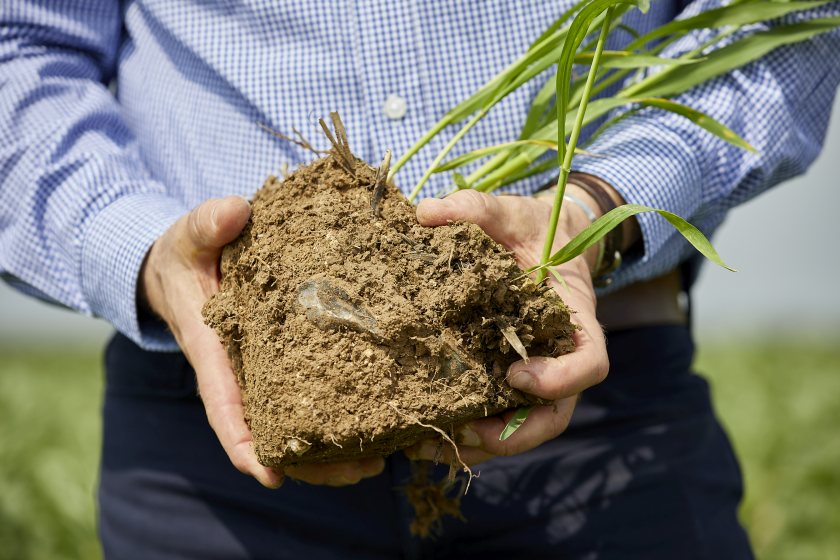
British farmers are set to receive new backing to help them adopt nature-friendly farming methods, as Waitrose commits £1 million to expand its regenerative agriculture programme.
The retailer has joined forces with the Soil Association Exchange and Regenified as part of its Farming for Nature initiative — a long-term plan to help 2,000 UK farmers adopt practices that restore soil health, protect biodiversity and build resilience against climate change.
The initiative is central to Waitrose’s goal for all its UK farms to be using regenerative methods by 2030, and to reach net zero across those farms by 2035.
Andrew Hoad, director of Leckford and Farming for Nature at Waitrose, said the partnerships would help deliver measurable progress on environmental outcomes.
“We are delighted to bring both Soil Association Exchange and Regenified into our Farming for Nature programme,” he said. “Their expertise will be vital in developing our approach, providing monitoring, measuring impact and demonstrating progress.”
He added that the company’s commitment reflected a belief that “producing high-quality food and caring for the environment go hand in hand.”
Through its collaboration with the Soil Association Exchange — a farm measurement platform backed by the Soil Association — Waitrose will run a four-year programme with early-adopting farms representing key supply chains.
The partnership will track performance on soil health, biodiversity, water, carbon, animal welfare and social impact, creating evidence of how farming practices affect the environment.
Joseph Gridley, CEO of the Soil Association Exchange, said farmers wanted to act but needed “clear evidence, trusted advice, and fair reward.”
He added: “Through this partnership, Waitrose is helping farmers turn robust data into practical changes on the ground, backed by the advice and support they need. It’s a powerful step towards a food system that is both climate-resilient and profitable for farmers.”
In a separate move, Waitrose has announced a partnership with Regenified, a global leader in regenerative agriculture verification. The retailer will fund access to the Regenified certification framework for 100 farms across livestock, dairy, fresh produce and horticulture supply chains.
The scheme will enable producers to track improvements in soil health, water management and biodiversity, offering independent verification for farms that are making progress towards regenerative goals.
Salar Shemirani, co-founder and CEO of Regenified, said: “We are honoured to join Waitrose and the Soil Association Exchange in this forward-thinking programme. T
"Their commitment to giving farmers the tools, data and independent verification they need to build resilient, nature-friendly businesses is a testament to the foresight of Waitrose and its suppliers.”
Participation in the certification is voluntary, but Waitrose’s backing makes it the first UK supermarket to independently certify regenerative farming at scale.
Farming leaders have cautiously welcomed the supermarket’s investment but warned that regenerative transitions must be economically viable.
The NFU has previously warned that many smaller farms face considerable financial risk when adopting new practices without clear, long-term market support.
Industry observers say the success of the Waitrose scheme will depend on how far the retailer’s suppliers are rewarded for the environmental benefits they deliver.
Waitrose’s own Leckford Estate — the only UK supermarket-owned farm — will work with both new partners. The Hampshire estate, which has been using regenerative practices since 2020, became the first UK farm to achieve Regenified certification for its orchard and vineyards.
Hoad said the partnerships signalled a step-change in how the retailer supports its network of suppliers: “We are leading the way in backing British farmers, protecting nature, meeting climate goals, and building a sustainable and resilient food system from the ground up.”
Progress reports on the programme’s impact are expected in 2026, with farmers and industry groups watching closely to see whether it can provide a scalable model for regenerative farming across the UK.
